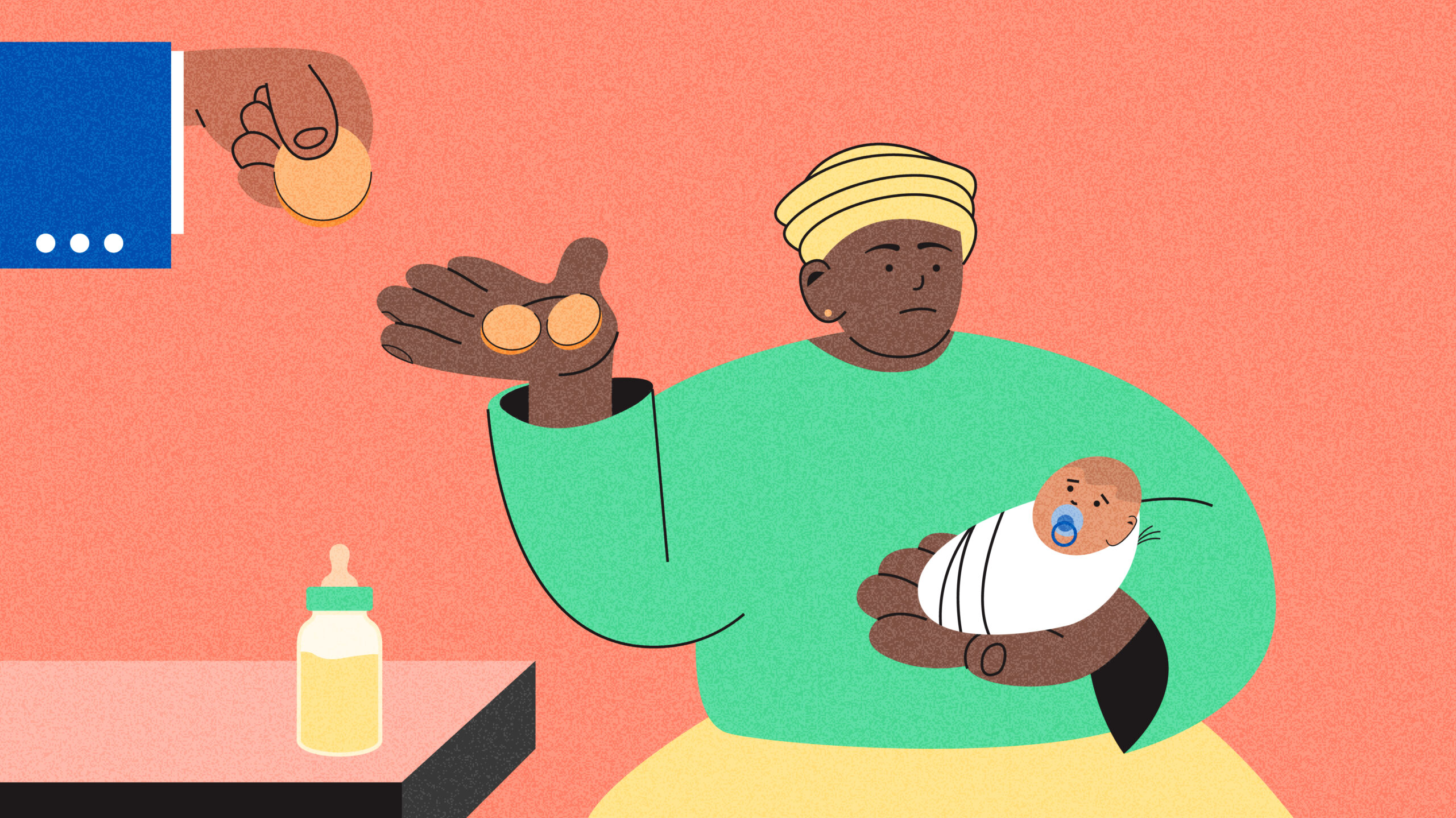Features
Are We Exploiting Domestic Workers?

Labour, they say, is cheap in this part of the world. Too cheap, offensively cheap, exploitatively cheap – Twitter would add. Someone on a 350,000 Naira salary can afford a house help, cleaner, driver, and even a nanny. Shebi it is to pay them 20,000 Naira each.
I don’t know how true this is. The last time I checked, Nigeria’s inflation rate had risen to 22.04% — the third consecutive increase in 2023. So, of course, being able to afford all domestic staff on a 350,000 Naira salary is quite an exaggeration. Still, there is an element of truth in this conversation: domestic workers in Nigeria need to be paid better.
The conversation about whether or not we are exploiting the informal sector is multi-dimensional. One is that we cannot talk about this without mentioning the earning power of an average Nigerian family. Another is that as inflation increases, people’s standard of living reduce and this trickles into the workforce. Another is that we cannot fail to notice that domestic labour has little respect (when compared to corporate work) and this reflects in its payment model and the workers’ earning power.
When TwiiterNG started a conversation about a 400k salary not being enough for an average working-class Nigerian, Seye Dele made a tweet where he shared that his team processed about N421m in salaries, disbursed to 6807 Nigerians. This means that the 6807 people who received their pay for that month got an average of 62,000 Naira each. Seye said this gives us an idea of the average salary of a subset of Nigeria’s population, and I couldn’t agree more. I’ll also add that with the minimum wage being 30,000 Naira, many Nigerians do not earn 62,000 Naira monthly. Some earn as low as 15,000 Naira. So why should an average Nigerian pay – according to social media – their domestic worker 100,000 Naira monthly? Where will this money come from?
It will be disingenuous of us not to acknowledge that requesting domestic workers be paid in hundreds of thousands of naira, although noble, is facetious. A wish, perhaps? But reality smacks us in the face; except our economy and standard of living improve, the pay of workers – domestic, informal, corporate – will remain poor. And with an ever-rising cost of living, many are forced to do whatever it takes to survive, and that includes being in a job that doesn’t pay you your worth and may, in fact, strip you of your dignity.
_
The conversations that led to the payment model for domestic workers started with videos of maltreatment. A madam is angry at her domestic worker (who happens to be a minor in most cases) and hits him/her until blood trickles down their body. Or press their skin with hot irons, or hit their heads with brick as though one is trying to crack open a nut. Sometimes, they starve their workers in a bid to correct them or punish them for certain wrongdoings. These punishments may seem justifiable to their employers for a couple of reasons – they see them as lesser humans (a tweep wrote ‘Let us be honest please, it will pain you if your househelp sits on your chair. Why should you sit on the chair I sit on, can’t you sit on the floor?); they assume they are doing them a favour and they (domestic workers) should be grateful for whatever crumbs fall on their laps; they are yet to come to terms with the fact that domestic workers are service providers and should be treated as such, so they see no value in their work.
As I write this, I remember Mrs B, my aunty’s cleaner whose husband asked her to stop working. His first reason: people will be looking at her big butt while she walks to her workplace. His second reason: ‘Is it not ordinary cleaning work, how much is your salary sef, are you not even ashamed of being a cleaner?’ For weeks, Mrs B did not clean. For weeks, my aunty who has 3 kids looked overwhelmed, the house chores plus nanny duties sapping her blood. There was so much joy when Mrs B came back to work.
In moments like this, we see how important domestic labour is; humans cannot thrive without it. That it cannot be belittled to just cleaning or cooking. That it is nothing to be ashamed of. That it, in fact, has and adds so much value. And that it is a full-time job, one that requires better remuneration.
_
The question still remains: are we exploiting domestic workers? I believe we may have undermined their labour and fostered a culture and system where their expertise is belittled, thereby resulting in lesser pay. Poverty and economic inequality contribute heavily to this – more people are turning to domestic work to make ends meet, parents are giving their young ones away to be domestic workers with the hope that they’d learn a skill or make a living and then have a better life in future, thereby exposing them to abuse and exploitation. But, in the same vein, the economic situation of the country leaves people with little or no room for more – employers cannot afford higher pay, and domestic workers most likely have no better option.
In this discourse, there are a lot of perhaps. Perhaps if we change our perspective towards domestic labour and realise that just like corporate workers, their services are important, people will be more inclined to pay more? Perhaps the pay will be better if employers make more money? Perhaps if there’s a body or association that fights for the rights of domestic workers, people will be inclined to do better? Perhaps if all domestic workers reject certain payment options, employers would have no choice but to do better? Perhaps if there’s a law that protects abused workers, employers would respect them more? I’ll leave you to answer these questions.
***
Are you interested in becoming a BellaNaija contributor? We want to read from you. Send an email to [email protected]























